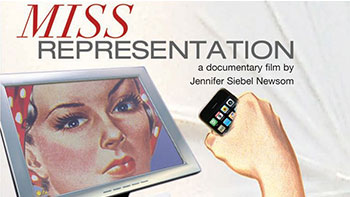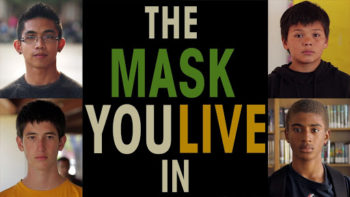This week, the Academy of Motion Picture Arts and Sciences announced its nominees for the 91st annual Oscars. The Academy shut women out of nominations in five major categories: Director, Cinematography, Score, Editing, and Visual Effects. Costume Design is the only category with an all-female slate of nominees.
According to the Women’s Media Center, women make up just 25% of the Oscar nominees in the gender neutral categories, even though at least a dozen female-directed films achieved critical acclaim and box office success in 2018. The most notable snubs are Leave No Trace (directed by Debra Granik), Private Life (directed by Tamara Jenkins), and The Rider (directed by Chloé Zhao). In its 90+ year history, The Academy has only found five women worthy of a Best Director nomination, and only one female director has ever won. Kathryn Bigelow took the prize in 2010 for the film The Hurt Locker, a story set in post-invasion Iraq. We applaud Bigelow for this win and her work, and also recognize that The Academy has only ever awarded a woman director for telling a gritty story of a soldier’s life.
While women continue to be mostly invisible in the most prestigious Oscar categories, the 2018 nominations have some silver linings. First, The Academy recognized Black Panther’s talented women in Costume and Production Design. Also, the women directors of the documentaries RBG and Free Solo are both considered frontrunners for the Best Feature Documentary prize.
There are also many “firsts” to celebrate in the Oscar nominations this year, including Yalitza Aparicio as the first Indigenous woman to be nominated for Best Actress for her role in Roma. She’s also the fourth ever Latinx actress nominated in the category. Lady Gaga is the first performer to be nominated for Best Actress and Best Song in the same year for A Star is Born.
According to GLAAD, the 2019 Oscar nominations are the most LGBTQ+ inclusive in history, with five of the Best Picture nominees elevating the stories of queer characters. According to GLAAD President Sarah Kate Ellis, 2019 was a “banner year for LGBTQ inclusion in film and a signal that the Academy and its members are rightfully prioritizing diverse storytelling at a time when audiences and critics alike are calling for it.”
Film awards matter because they send a clear signal about whose creative work is valued in Hollywood—and whose work matters less. Until we truly address inequalities behind-the-scenes, the longstanding bias against women is rewarded in Hollywood.



